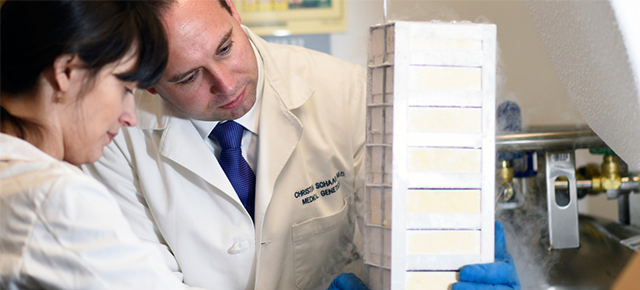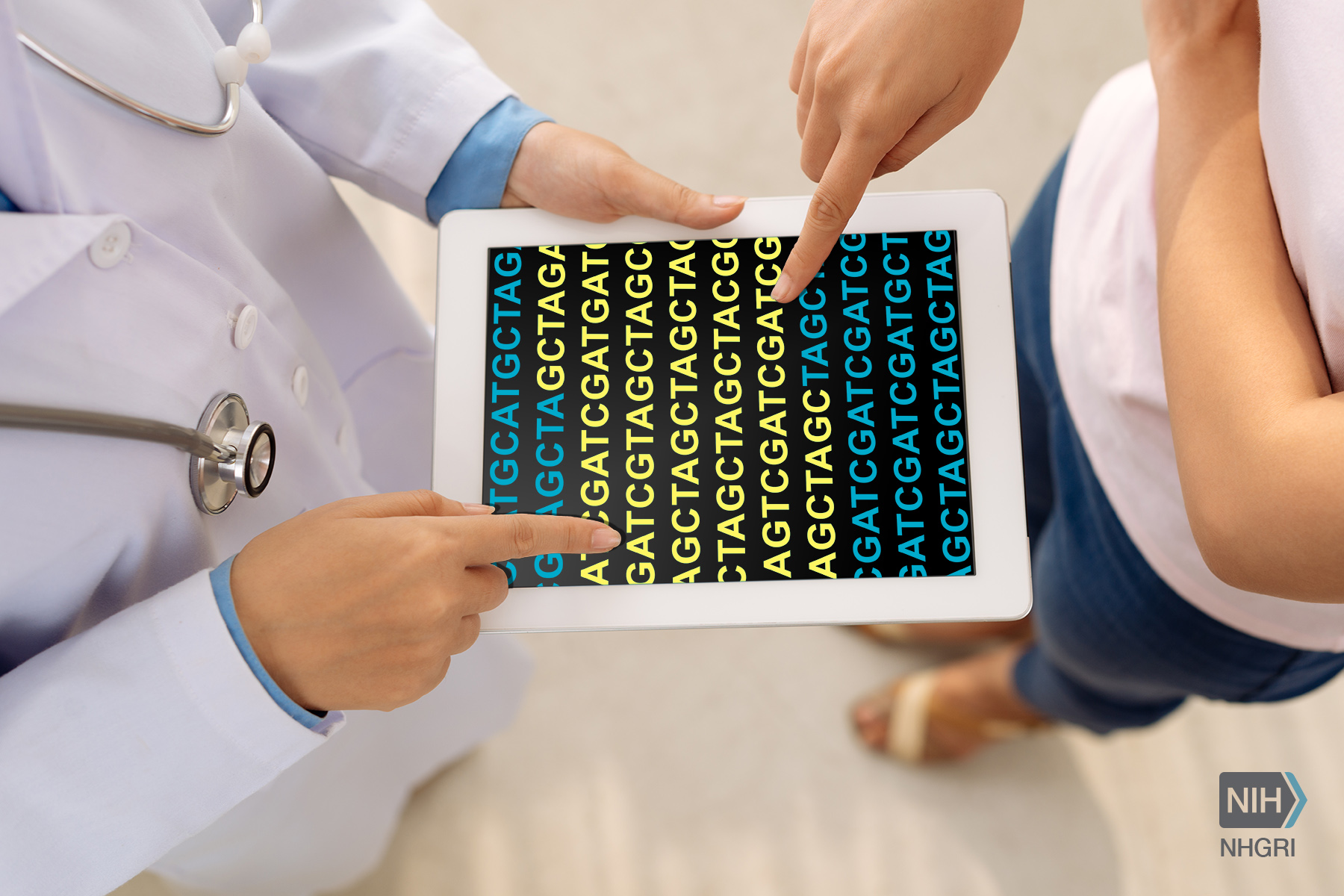Congratulations, Dr. James R. Lupski, 2024 Mendel Lecturer and recipient of the Gilded Pea Award!
Dr. James R. Lupski has delivered more than 620 lectures in 37 countries, but none was received with nearly the same enthusiasm as his Mendel lecture this past June in Berlin.
Read More









